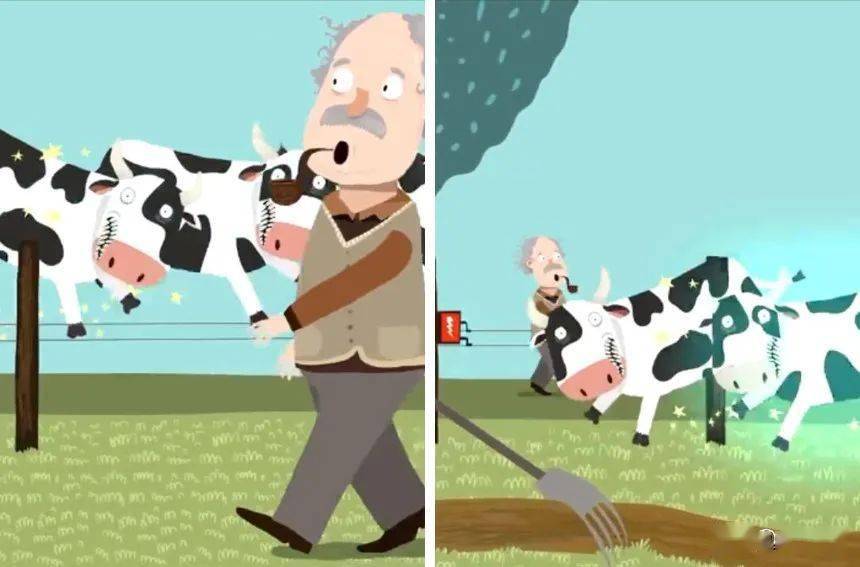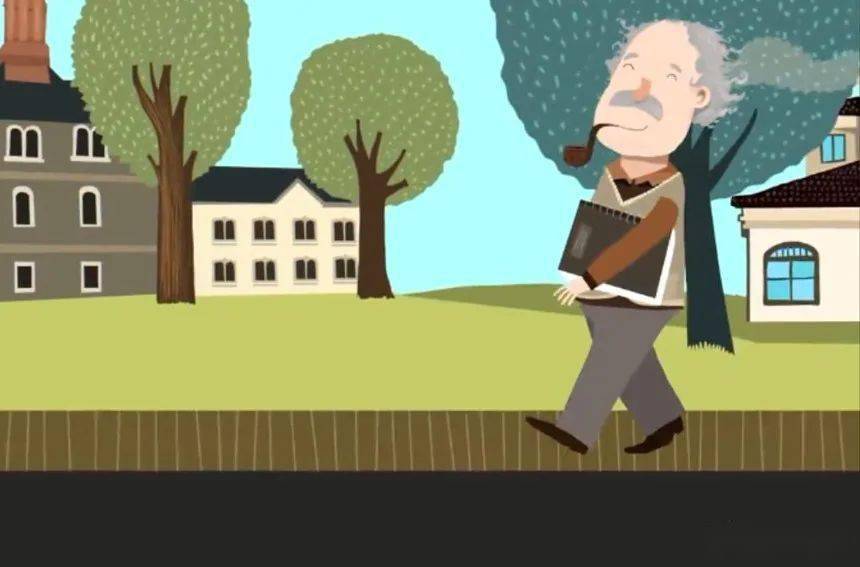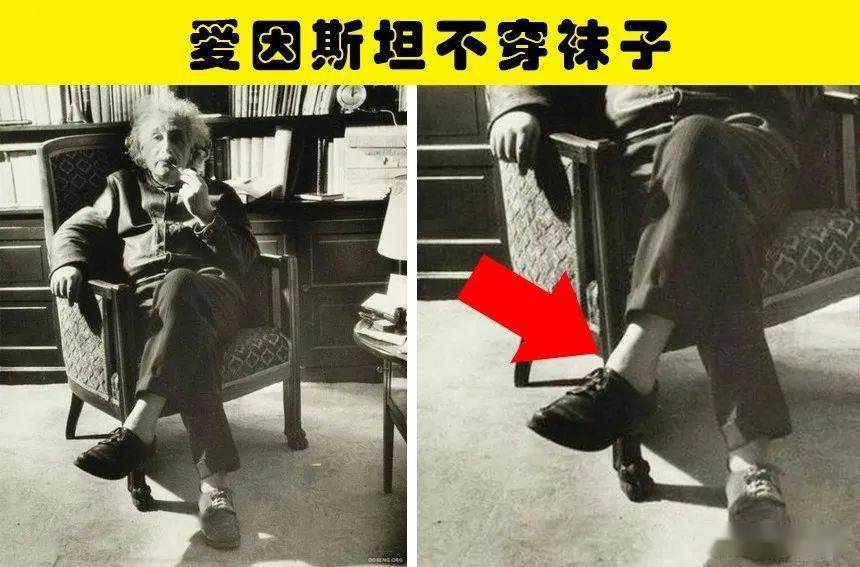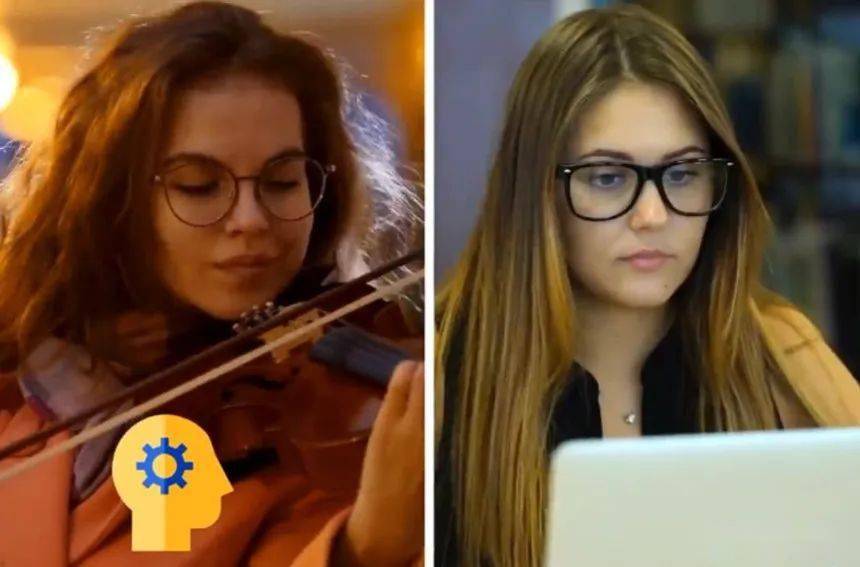Einstein is one of the smartest people in the world. Since his death in 1955, there has never been a scientist as great as him. After his death, his brain was even stolen for research purposes. Einstein’s IQ is said to be 160, Stephen Hawking is also similar to him, usually more than 140 points will be considered a genius. Although there have been many people in society whose IQ test exceeds Einstein’s, no one can truly reach the height of Einstein.
In fact, in addition to a clever brain, Einstein had many weird habits. For example, I like to eat pasta, sleep for more than 10 hours a day, and even eat grasshoppers raw. As a great scientist, his every move has attracted much attention. People will analyze his behavior and habits to understand whether he is so smart. So, what can we learn from Einstein’s weird behavior?
Einstein has to sleep more than 10 hours a day

Einstein sleeps more than 10 hours a day, while the average sleep time of ordinary people is about 6.8 hours.In fact, sleeping for 10 hours is really good for the brain.Studies have shown that you may deserve more sleep. Sleep helps to remove toxins from the brain. When we are awake, toxins will gradually accumulate.Moreover, a good sleep can sometimes be a source of inspiration.For example, the inventors of the periodic table and the structure of DNA were inspired by them while sleeping.
The theory of relativity is inspired by dreams

In fact, Einstein’s famous theory of relativity was also inspired in a dream.He dreamed of walking through a farm when he was walking. He saw a farmer and a few cows on the electric fence, and jumped up when the cows were shocked.And the farmer standing on the other side of the field saw them jumping up one by one like waves.Einstein realized that they had different views on the same event.This led Einstein to put forward the theory of relativity, that is, because of the time it takes for light to reach your eyes, the idea that events look different depending on where you stand.
Many people don’t know that Einstein’s brain is actually lighter than the average person’s, weighing only 1203 grams, while the human average is 1,400 grams.
Should everyone sleep for 10 hours?

Then again, do you really need to sleep more than 10 hours a day?In fact, there is no standard answer. The sleep cycle may vary from person to person, depending on many factors such as age, recent sleep patterns and alcohol consumption. Most healthy adults need to maintain 7 to 9 hours of sleep every night. In order to achieve the best condition.When we fall asleep, the brain enters a series of activities. Your total sleep consists of several cycles of sleep cycles, which consist of four separate stages.On a typical night, a person has to go through 4 to 6 sleep cycles.Not all sleep cycles are the same in length, but on average each sleep cycle can last about 90 minutes.The first sleep cycle is usually the shortest, ranging from 70-100 minutes, while the subsequent cycles are often between 90 and 120 minutes.
The “one second” technique

EinStan has always had a soft spot for a short nap, he has the habit of taking a nap.It is rumored that Einstein would use a “one second” technique.He would recline on his armchair, holding a spoon in his hand, and cleverly place a small metal plate or metal plate underneath.He would put his brain into a deep sleep, and after about a second, the sound of the spoon falling on the metal plate would wake him up.In addition to long sleep time, Einstein also has a habit of walking.
Einstein likes to walk

Walking is an indispensable part of Einstein’s every day. When he was working at Princeton University in New Jersey, he would walk about 1.5 kilometers a day.He is not the only smart person who is diligent in walking.Charles Darwin also likes to walk. He walks the gravel road near the House of Commons in Kent for 45 minutes a day.In addition to the obvious health benefits, he thinks it also helps his thinking.
Scientists have discovered that by walking, we will enter a state called transient prefrontal hypofunction, which means that our conventional way of thinking will temporarily be partially suppressed. Therefore, we unknowingly enter a different way of thinking. In other words, you no longer think about all the things that bother you, and subconsciously focus on other things, which may lead you to gain insights that you cannot get in other daily tasks.
Einstein doesn’t wear socks

In many precious photos of Einstein, it seems that he is not wearing socks.This is because he doesn’t like wearing socks and never wears socks.In a letter he wrote to his cousin, his second wife, it was clear that he would not wear socks even on the most solemn occasions.Because he found that his big toe often “punched” a hole in the socks.Although he lives in central Europe, where it snows and the temperature tends to below freezing in winter, he decided to give up wearing socks altogether.
Although this is a habit from a great scientist, there is no scientific theory related to this habit that can increase intelligence. But clothing collocation is still related to psychological performance. A large number of studies have shown that more casual clothing instead of formal clothing does not perform well in abstract thinking tests. People in formal clothes are more likely to classify things creatively by considering special uses.
Einstein also likes music

Albert Einstein also liked music very much. He even said that if he had not become a physicist, he might become a musician.He often thinks in music, looks at life from the perspective of music, and derives the greatest happiness from it.Einstein likes to play the violin and often enjoys playing indoor and solo concerts for his friends and family.His love for music is not unrelated to his family. His mother Pauline Koch Einstein is an excellent pianist herself and taught Einstein to play the piano and violin when he was very young.From the age of 13, he has been a special fan of Mozart sonatas, and he likes to study works.What’s even more incredible is that he has no formal courses and is self-taught.At first, he showed a higher talent for the piano, but when he was a teenager, he developed more interest in the violin.
Music training can indeed improve intelligence

In fact, more and more evidence shows that music training is related to the improvement of perception and cognitive skills, including executive function and general intelligence, especially in childhood. In contrast, in adults, the relationship between cognitive performance and musical ability is less clear and seems to be regulated by some background factors, such as personality and socioeconomic status.
source:Orange lemon, Delete if there is any infringement contact.
Disclaimer: The content comprehensively provided by Wemedia is derived from Wemedia, and the copyright belongs to the original author. For reprinting, please contact the original author and obtain permission. The opinions of the article represent only the author himself, and do not represent the position of Global Physics.
Click on the link to view:“Global Physics Efficient Scoring Scheme” aims at high school entrance examinations, physics competitions, and full scores in physics. Short-term scores are 40-60 points.
Global Physics
ID: huanqiuwuli
Global Physics takes physics learning as its theme, and its mission is to spread physics culture. Specialized in physics, dedicated to physics! With the goal of inspiring learners to learn physics, share the wisdom of physics, learn to use physical thinking to think about problems, and show everyone an interesting, colorful and magical world of physics!
Address: 1101 Global Physics, Mingshang Building, Suzhou Street, Haidian District, Beijing




























































You must log in to post a comment.